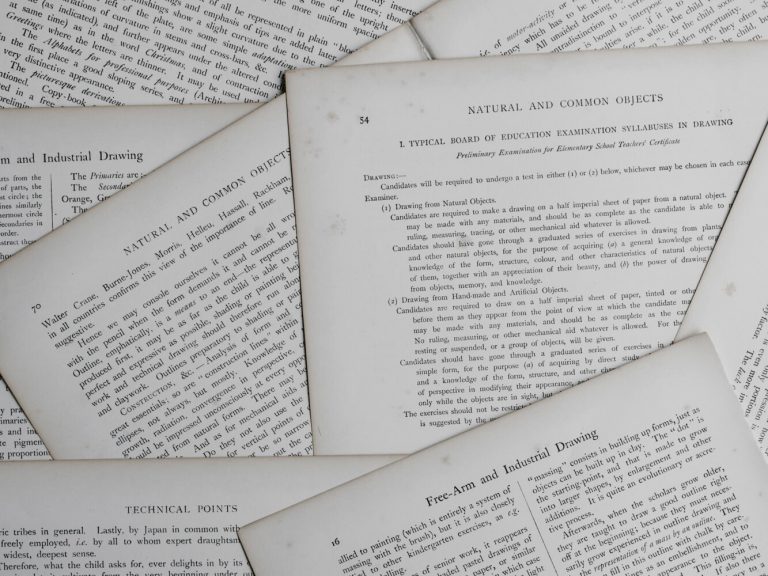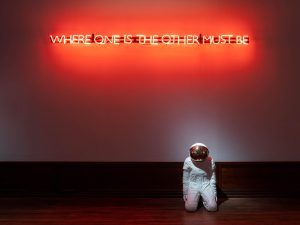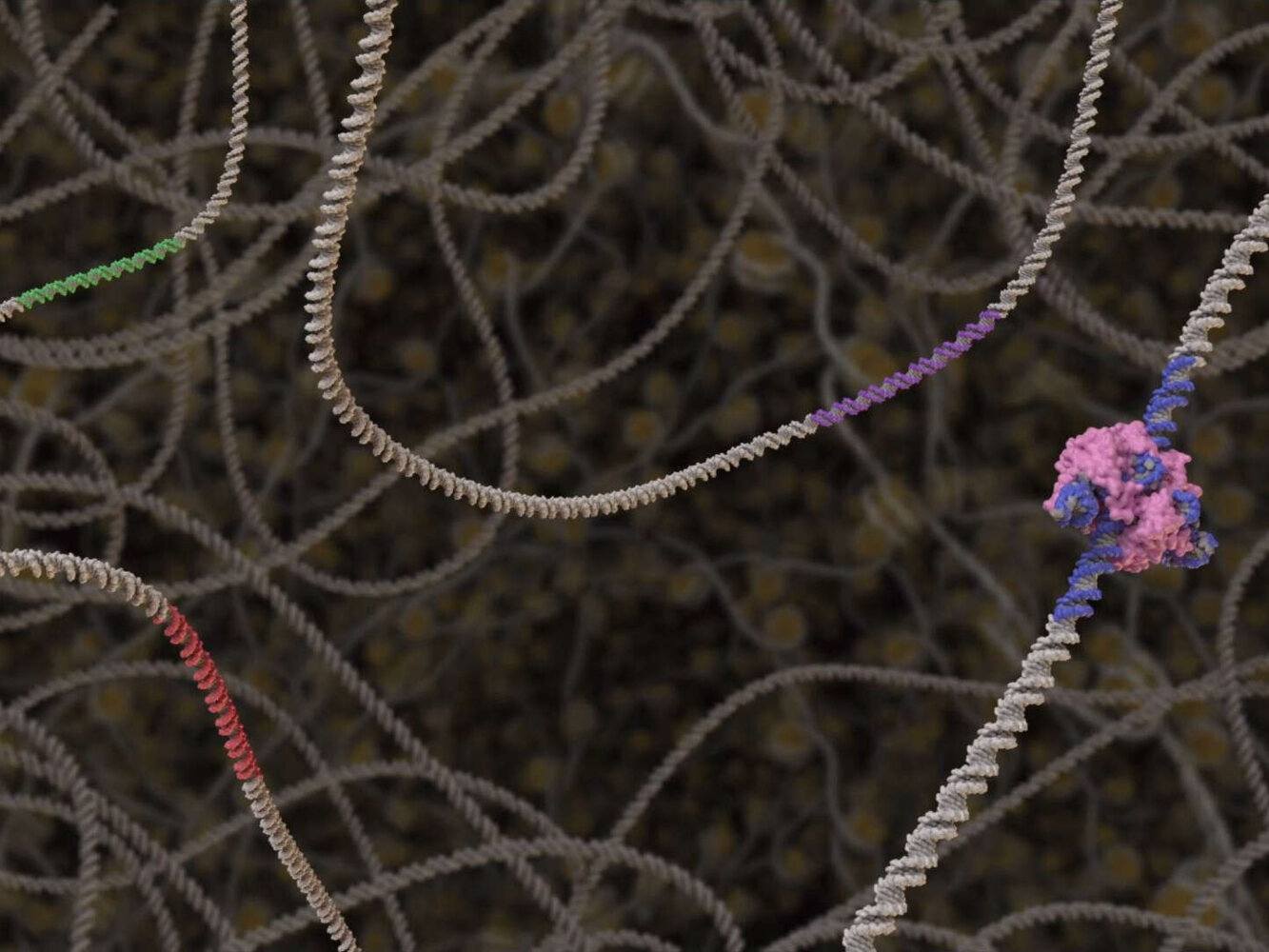This event is unfortunately cancelled due to unforeseen circumstances. We apologize for this.
Authors often make use of ancient myths in representations of major themes like life, death and rebirth, not least those who has been awarded the Nobel Prize in literature. One of them is Louise Glück, who tends to return to the ancient Greek story about the vegetation goddess Demeter’s search for her lost daughter, Kore. The king of the Olympian Gods, Zeus, had given permission to his brother Hades, the ruler of the realm of the dead, to kidnap the girl against her will and crown her the queen of darkness, Persephone. When Demeter found out, she was so angered and deeply saddened that she let the harvest dry out. Human beings were starving, and soon the gods of Olympus as well, since no sacrifices were made. Zeus had to accept Demeter’s wish and agreed to let her reunite with her daughter, but only during one half of the year.
The Greeks explained the changing seasons with the story about the separation and reunion of Demeter and Persephone: from winter to spring, summer to autumn. In her poetry, Glück examines this poem from different perspectives, challenging it and moving it around in time and space, attempting to translate the theme of rebirth into our complex present.
Sigrid Schottenius Cullhed is a researcher in literary studies at Uppsala University.
Take the chance to meet some of Sweden’s most promising young researchers. In collaboration with Young Academy of Sweden, quizzes, conversations and mini lectures with interactive elements are organized during the autumn in connection with the Nobel Prize Museum’s exhibition Life Eternal at Liljevalchs. The events take place on Saturday afternoons and are included in the regular admission ticket.


